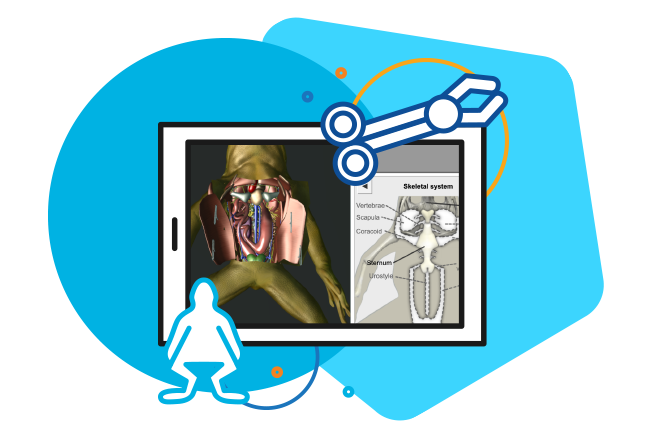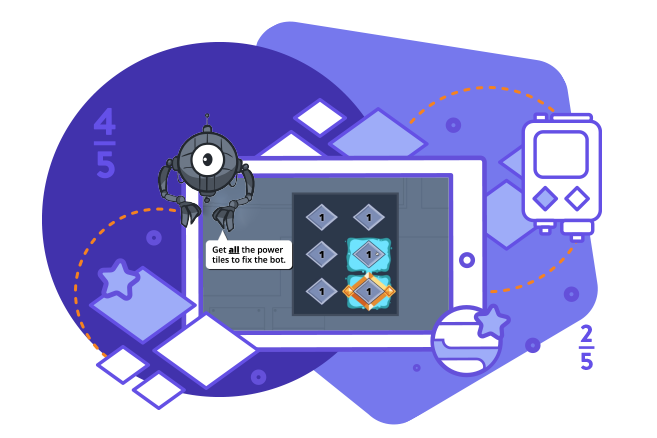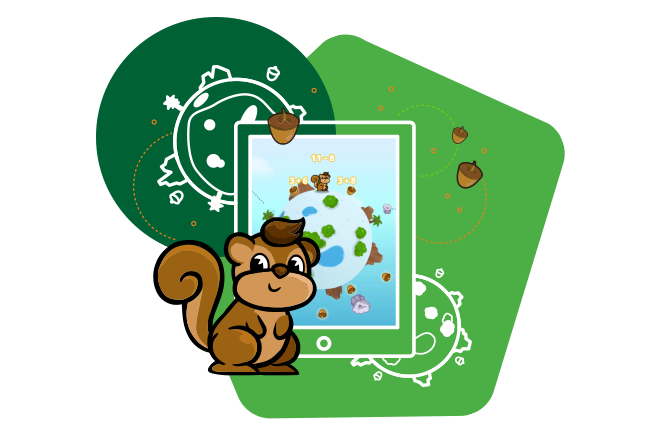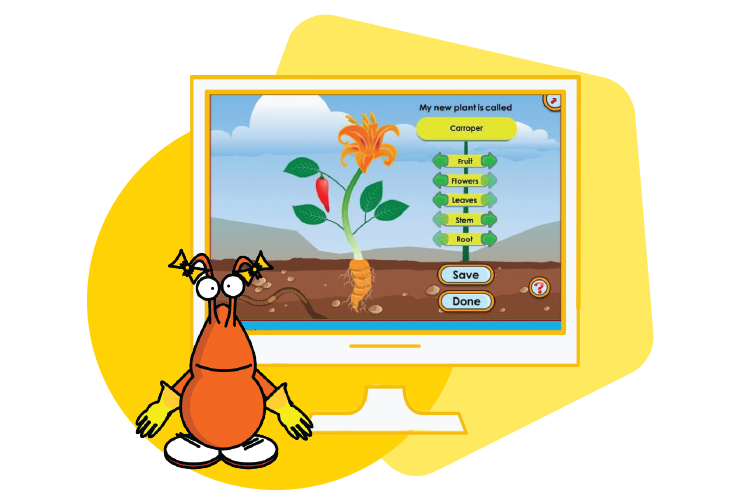
Are you curious about the research that goes into educational technology? We have all of the angles covered. This is the first in our five-part Measuring Impact Series.
Over the past few years, educational technology has become a mainstay in the classroom. The disruption to in-person learning caused by the COVID-19 pandemic forced many districts to rapidly adopt a variety of digital tools to support their teachers and students' learning needs.
The evolution of edtech: Trends and challenges
A recent report from LearnPlatform found that the number of edtech tools used by a school district increased by 2.5 times from 2018 to 2020. Groups like the EdTech Evidence Exchange referred to the explosion in K-12 edtech spending as the “Wild West,” with educational technology tools being developed and adopted faster than districts or researchers could carefully assess the product, analyze prior research, and put plans in place for how they would measure and track student learning outcomes. The number of edtech tools used in schools has only continued to increase since 2020, with the vast majority of districts today utilizing 1-to-1 computing for students of all ages.
Selecting the right edtech products
Today, as several existing funding programs that supported the rapid expansion of technology in the classroom are set to expire, school administrators are making hard decisions about the effectiveness of technology and which technology programs to keep. Policymakers, administrators, and teachers are reflecting on the past four years and asking important questions about the products that students have been using:
- How can we make smart decisions about which edtech tools for teachers to choose?
- Are these programs making a difference in teaching strategies and student learning? How do we measure the relevant outcomes?
- How do we use this knowledge to improve implementation and usage?
- How can educators affect change in products?
In the following Measuring Impact Research Series, we will explore how educators and administrators can use the answers to these questions to guide their edtech evaluation and selection and discuss how the Research, Data, and Product teams at ExploreLearning address these questions in their approach to developing and refining our STEM learning tools for K-12 students.
Decoding “research-based” claims
How can teachers, school leaders, and administrators make sure that they are selecting the right products?
Products often state that they are “research-based,” but understanding the research and how they evaluate the tool may not always be easy. At a minimum, effective educational solutions must be grounded in research in the learning sciences. Educational researchers have been studying how people learn for decades, and the knowledge from this empirical literature should directly inform all parts of an edtech program. Moreover, products need to be informed by most recent empirical research. As new research emerges, it has the potential to debunk long-held myths (for instance, the incredibly pervasive and potentially harmful myth that persistent learning styles exist). Critical evaluations of the research used by product developers, ensuring that the empirical research supporting the program's design is recent and high-quality, can help give us increased confidence that the product will deliver on its promises.
Driving impact: Evaluation research and student learning outcomes
While learning sciences should inform product development, reality doesn’t always reflect the ideal learning conditions. User research is also a critical component in the design process, guiding developers to create products that address the specific needs and preferences of their target audience. Gathering insights from potential users allows for the creation of intuitive interfaces and features that enhance usability and engage students.
Post-launch, ongoing user research enables developers to gather feedback, identify areas for improvement, and iterate upon their products to better serve the evolving needs of learners and educators. By prioritizing user research throughout the development lifecycle, edtech companies can ensure that their products are not only technologically sophisticated but also genuinely effective tools for enhancing evidence-based teaching and learning experiences.
Evaluating edtech impact and measuring success
Finally, products should regularly conduct research evaluating the impact of the product on student learning, academic achievement, and other desired outcomes. By systematically evaluating the performance and impact of edtech tools for students across various demographics, developers can identify potential disparities and address them through targeted enhancements.
Furthermore, evaluation research helps determine the most successful implementation strategies, providing valuable insights for educators about seamless technology integration into their instructional practices. Ultimately, by prioritizing evaluation research, edtech developers can refine their products to maximize their effectiveness, thereby fostering equitable access to quality learning experiences for all students.
Towards a brighter future: The promise of edtech research for educators
When product design and implementation are guided by scientific research on how students learn, active solicitation of feedback from diverse users, and evaluation research that demonstrates measurable outcomes in real classrooms, edtech has the potential to create equitable, inclusive, and effective learning environments that prepare students for the challenges of the 21st century.
About the Author

ExploreLearning Senior Researcher Megan Conrad, Ph.D.
Dr. Megan Conrad, Senior Researcher for ExploreLearning, shares her insights in our Measuring Impact Series. In her current role, she works with district administrators, curriculum coordinators, and teachers to uncover evidence of student success from product usage and helps districts make evidence-based decisions regarding product implementation.
She earned her Ph.D. in Psychology (specializing in Developmental and Cognitive Science) from Rutgers University and has 15 years of experience designing and conducting research in child development, learning environments, and youth & technology. She previously worked in higher education as an Assistant Professor of Psychology and founded a research lab that explored children’s STEM learning in informal learning settings.
Teachers, are you looking for evidence-based edtech tools that support students in your classroom with STEM learning? Look no further! Start your free trial today.
Administrators, why stop with one classroom? Equip your staff with evidence-based teaching tools that will transform teaching and learning in your building. Request a demo today!




